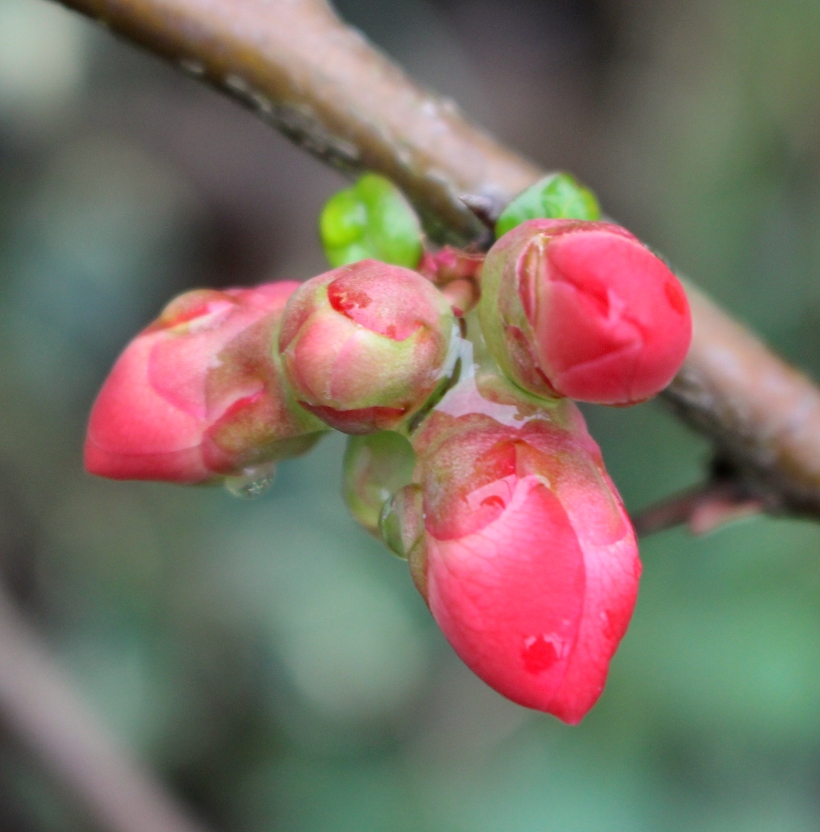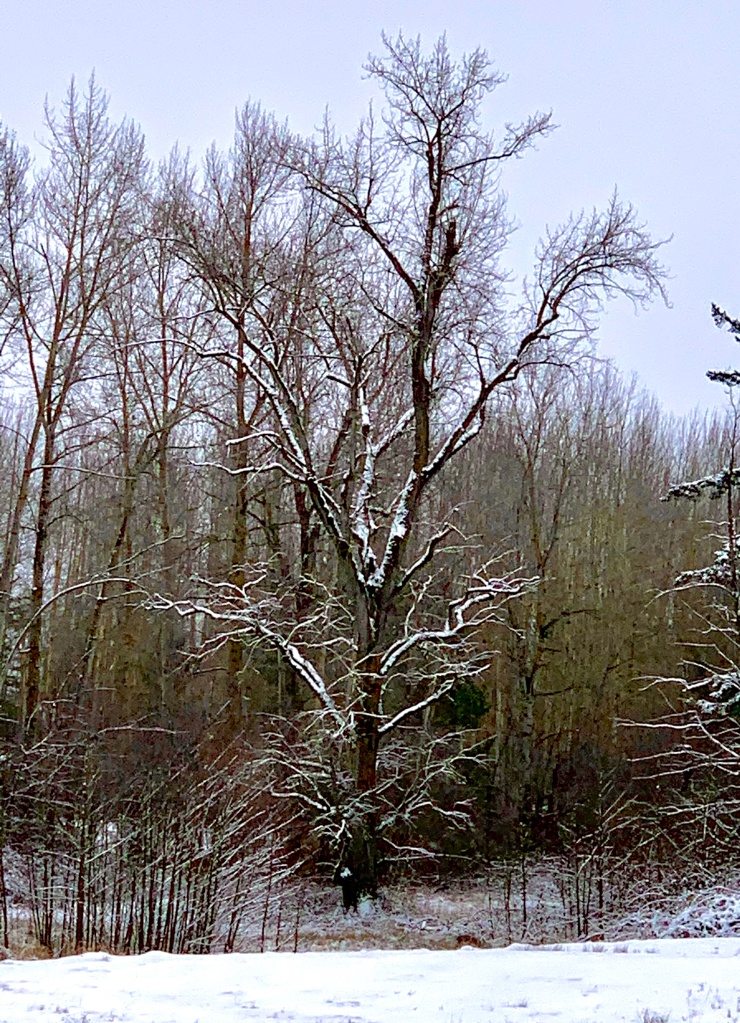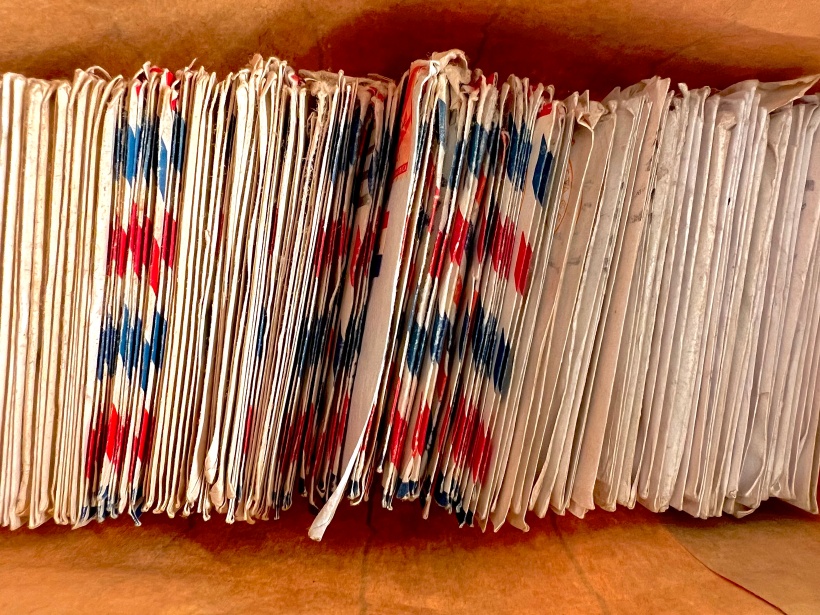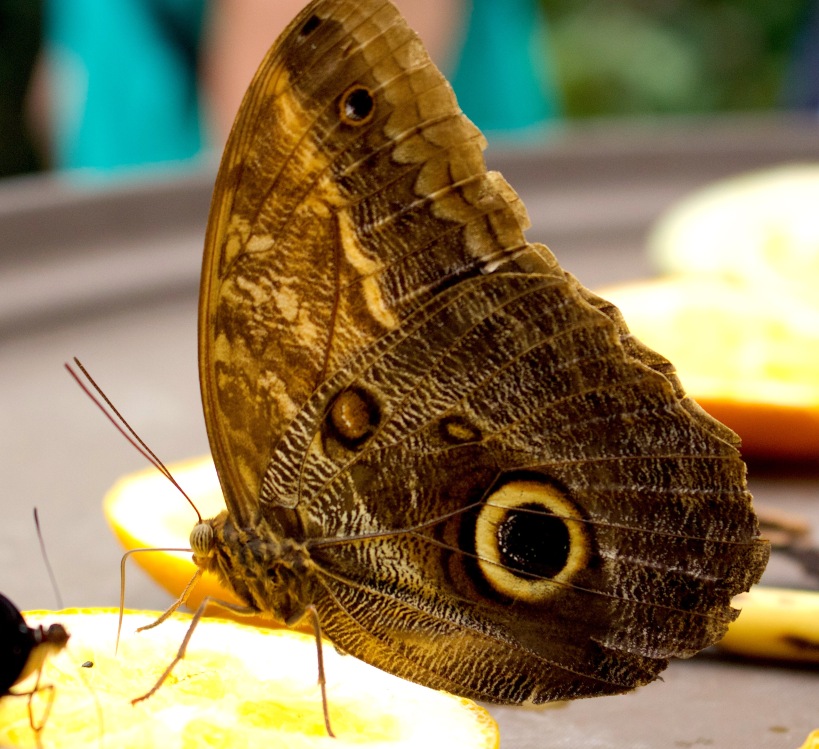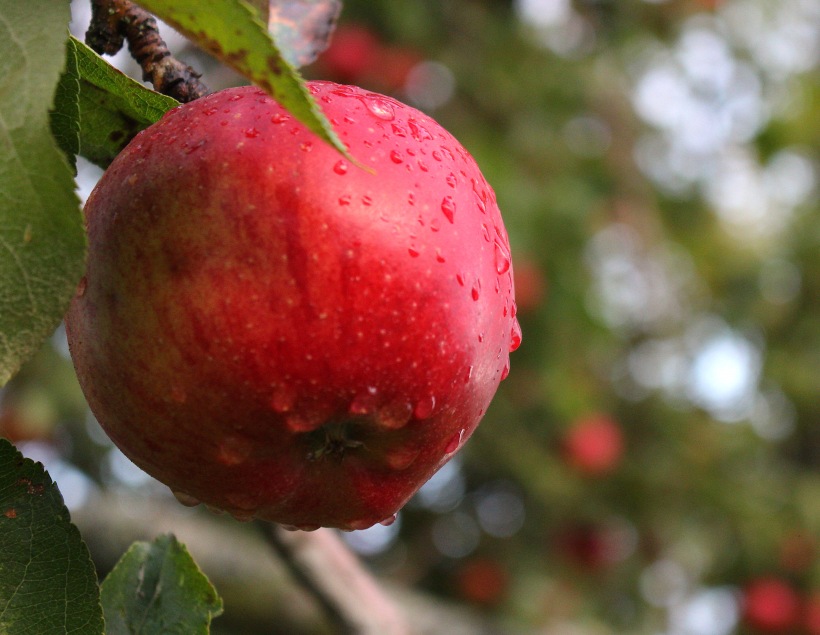



Not much to me is yonder lane
Where I go every day;
But when there’s been a shower of rain
And hedge-birds whistle gay,
I know my lad that’s out in France
With fearsome things to see
Would give his eyes for just one glance
At our white hawthorn tree.
. . . .
Not much to me is yonder lane
Where he so longs to tread:
But when there’s been a shower of rain
I think I’ll never weep again
Until I’ve heard he’s dead.
~Siegfried Sassoon “The Hawthorn Tree”



I drove West
in the season between seasons.
I left behind suburban gardens.
Lawnmowers. Small talk.
Under low skies, past splashes of coltsfoot,
I assumed
the hard shyness of Atlantic light
and the superstitious aura of hawthorn.
All I wanted then was to fill my arms with
sharp flowers,
to seem from a distance, to be part of
that ivory, downhill rush. But I knew,
I had always known,
the custom was
not to touch hawthorn.
Not to bring it indoors for the sake of
the luck
such constraint would forfeit–
a child might die, perhaps, or an unexplained
fever speckle heifers. So I left it
stirring on those hills
with a fluency
only water has. And, like water, able
to redefine land. And free to seem to be–
for anglers,
and for travellers astray in
the unmarked lights of a May dusk–
the only language spoken in those parts.
~Eavan Boland “White Hawthorn in the West of Ireland”



The bird-sowed hawthorn bush along the lane to our back field has suddenly become a blooming tree, staking out its place alongside the trail the horses follow to their pasture. This May, it is a white flame against the dark woods.
Though we didn’t intend for it to be there, we’ll leave it be. Hawthorns are great bird habitat and a haven for honeybees. They are found in most hedge rows in the United Kingdom, impenetrable due to their fierce thorns and criss-cross network of branches, a historic symbol of the toughness and persistence of the Celtic people. Though we don’t need a hedge row here, I appreciate the tree’s reminder it has a place in myth and lore.
It will never be a hospitable tree like the lone fir tree that graces our hill, or the big leaf maple where children climb, or the black walnut whose branches support the treehouse. But it will be a white beacon every May, portending the summer to come, and if it bears fruit, it will feed the birds that nest in its interior.
And like the poem written by WWI soldier/poet Sassoon, it will be a bittersweet reminder of the familiar comfort of home, even though sharp thorns abound among the blossoms. Those thorns are nothing compared to the despair found in the fearsome trenches of warfare.



along fair Arran’s shores
the swans sing soft of tale of yore,
of a young love taken to sea
the two were hand in glove
like sparrows bound in sacred love
a tune that only they can sing
a tree of unity
they planted by the green eyed sea
the branch would hold their love through time
a sailor lad was he
he said,”dont cry my lovely, mhari
before the moon is full i’ll return”
I’ll wait for thee and she sang to him
the moon shone full and bright
and home he sailed mid-summers night
the tree so young and blossoming
they slept among the green
the world was light and dreams serene
the fires in their hearts burned bright
Where moss-grown boulders stand,
he took her by the lily hand
and there they wed at break of day
the seas know not of hearts
and once again the two must part.
“it wont be long, i swear to thee.
please wait for me.”
and she sang to him
The hawthorn tree has grown,
10 years she walked shores alone,
she hears his whisper in the leaves
Home is the sailor lad,
home in the sea, forever plaid,
Under the wide and starry sky
Yes, I will wait for thee,
By mountain, sea and tree;
And on the wind you’ll hear my love,
for at the fall of day
Beneath the leaves where once we lay
I’ll sit and sing i’ll wait for thee
come back to me….
music and lyrics by Fae Wiedenhoeft
Make a one-time or recurring donation to support daily Barnstorming posts
Make a monthly donation
Make a yearly donation
Choose an amount
Or enter a custom amount
Your contribution is deeply appreciated.
Your contribution is appreciated.
Your contribution is appreciated.
DonateDonate monthlyDonate yearly







